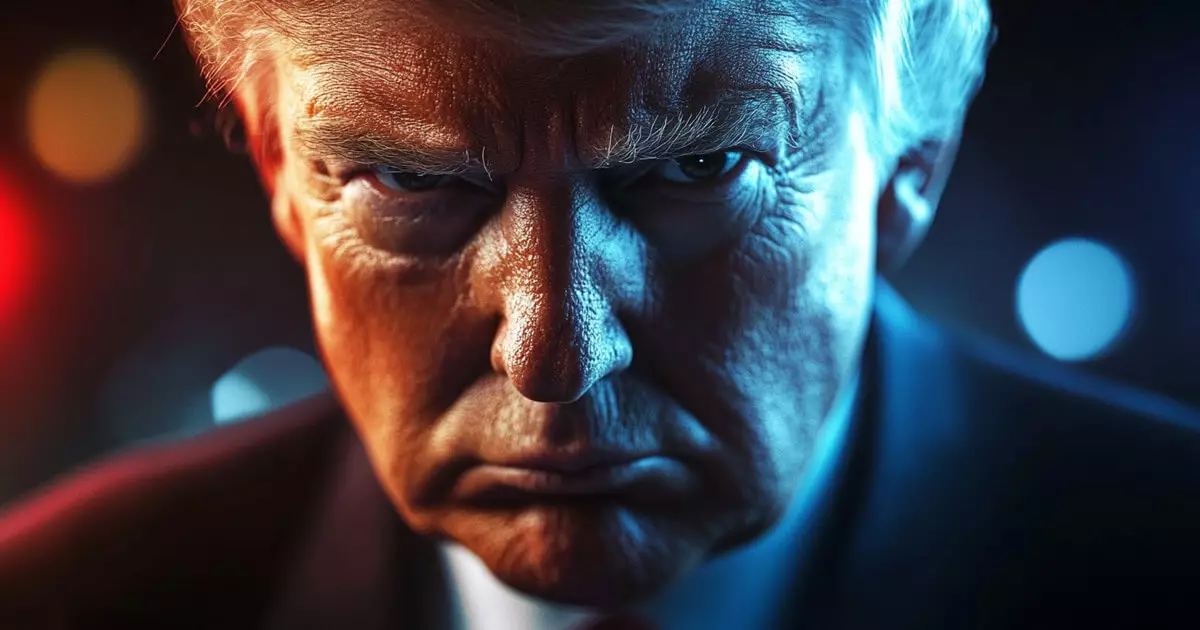The political landscape in the United States is often rife with uncertainty, and the recent discussions surrounding Donald Trump’s rumored appointee for the Secretary of the Securities and Exchange Commission (SEC), Paul Atkins, highlight this fact. According to reports, Atkins, who previously served as an SEC commissioner from 2002 to 2008, is increasingly hesitant to accept the chair position. This reluctance is largely attributed to the extensive challenges he perceives within the agency, which he views as beleaguered and poorly managed under the current leadership of Gary Gensler.
Atkins’ viewpoint reflects a broader sentiment that may resonate among potential candidates for high-stakes government roles. The SEC is tasked with maintaining integrity in some of the most volatile markets, including those relating to digital assets and cryptocurrencies. Given the agency’s current state, the prospect of restructuring could seem more daunting than appealing. This raises crucial questions about leadership in federal agencies during tumultuous economic times.
Atkins’ concerns are not unfounded. The SEC’s effective management is critical, especially in an era where digital finance is booming alongside regulatory scrutiny. Transitioning from Gensler’s tenure, which has received its fair share of criticism, will require a candidate who is not only capable but also willing to tackle a myriad of issues head-on. Former CFTC Chair Chris Giancarlo has publicly backed Atkins, asserting that he has the requisite skills to facilitate a restoration of the SEC’s credibility and operational efficiency.
A question that looms over the potential transition is whether Atkins can disentangle his current business commitments at Patomak Global Partners, a consulting firm he leads. The implications of such a role could severely impact his current business operations, effectively pulling him away from an industry in which he has established considerable expertise. Thus, Atkins’ hesitance may also stem from a desire to ensure that his company can thrive independently should he take on the formidable challenges of leading the SEC.
Should Atkins decline the position, it opens a speculative dialogue about who might fill the SEC chair role. Trump’s team may look to alternatives such as Mark Uyeda, a current commissioner, or other notable figures like former CFTC Chair Heath Tarbert. Each prospective candidate brings their unique perspectives on regulatory reforms, particularly concerning the handling of cryptocurrencies. Given that these digital assets are becoming increasingly mainstream, leadership at the SEC will have profound implications for the regulatory landscape moving forward.
Overall, whether or not Atkins ultimately takes the role remains uncertain, leaving the door open for a range of possibilities within the SEC. As discussions continue and various stakeholders express their opinions, it becomes ever-clearer that the implications of this appointment will extend far beyond the individual who fills the chair. Instead, the future direction of financial markets and regulatory approaches in the United States hangs in delicate balance. Only time will reveal how these dynamics will play out in the critical areas of digital asset regulation and financial oversight.








